Heart Failure: Understanding and Managing
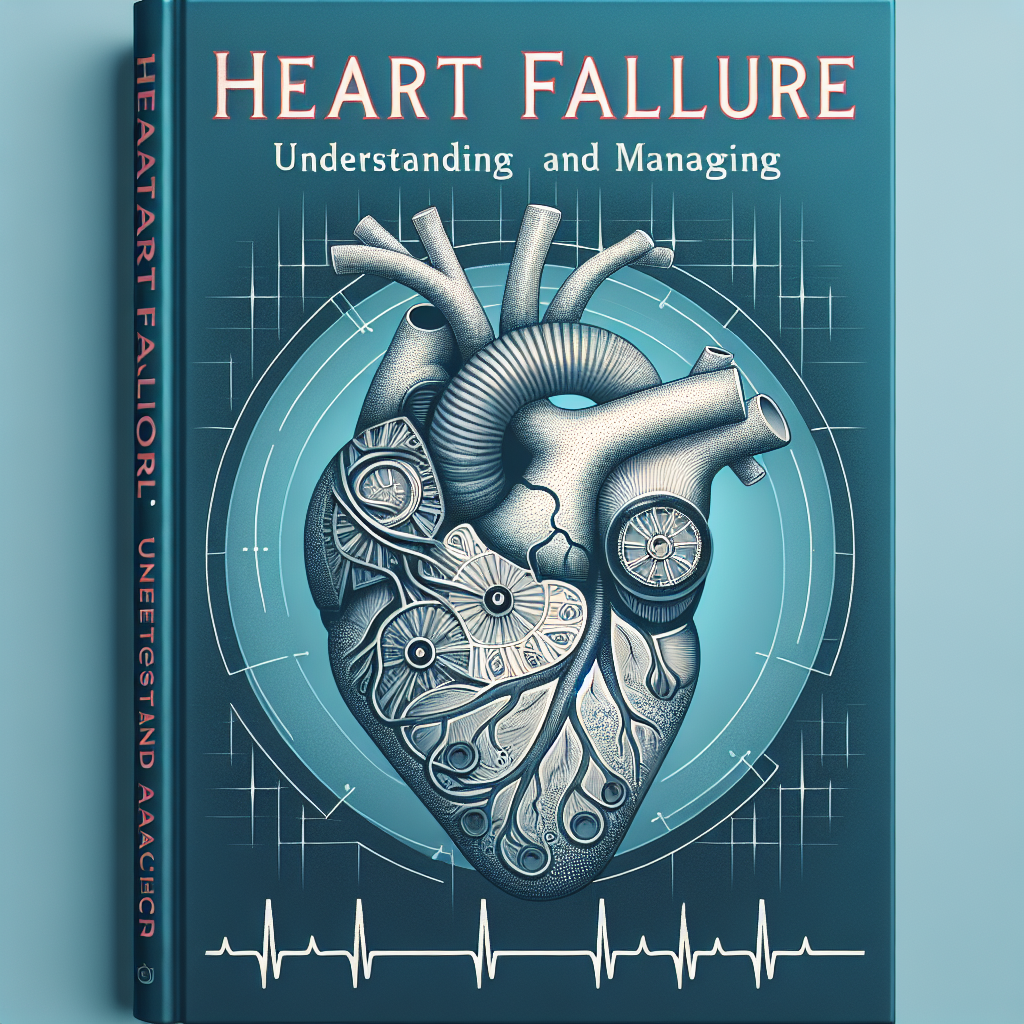
What is Heart Failure? Heart failure occurs when the heart muscle loses its ability to contract effectively or relax properly. The heart struggles to perform its essential function: distributing oxygen- and nutrient-rich blood to all organs in the body. This failure leads to fluid accumulation in the lungs, legs, and other tissues, causing many symptoms. […]
Hemorrhoids: Causes, Symptoms, Treatments, and Prevention
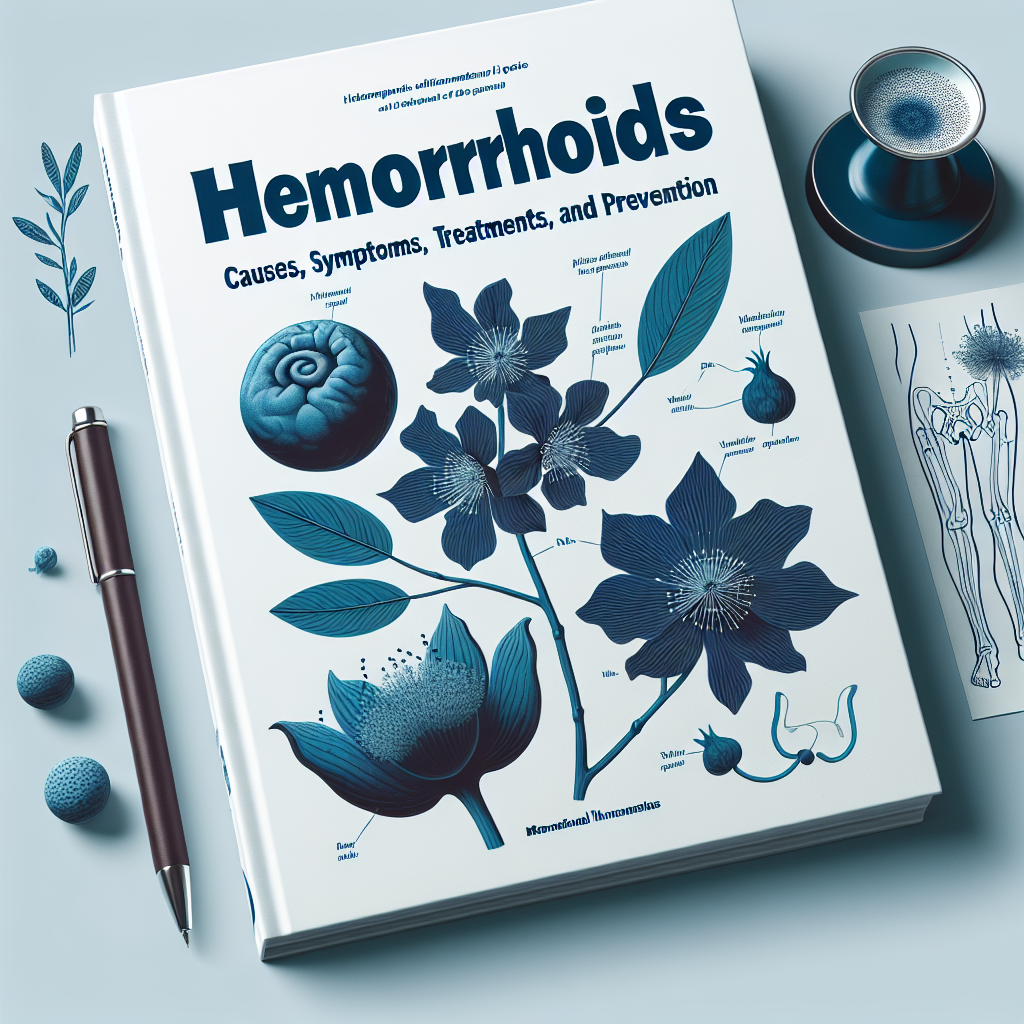
What are Hemorrhoids? Hemorrhoids are vascular cushions located in the anal canal. They contain blood vessels, connective tissue, and muscle fibers. They play a key role in fine fecal continence, helping to seal the anus. Pathological hemorrhoids refers to when these cushions become swollen, inflamed, or displaced. This condition can occur internally, inside the rectum, […]
Stomach Cancer: Causes, Symptoms, and Treatments
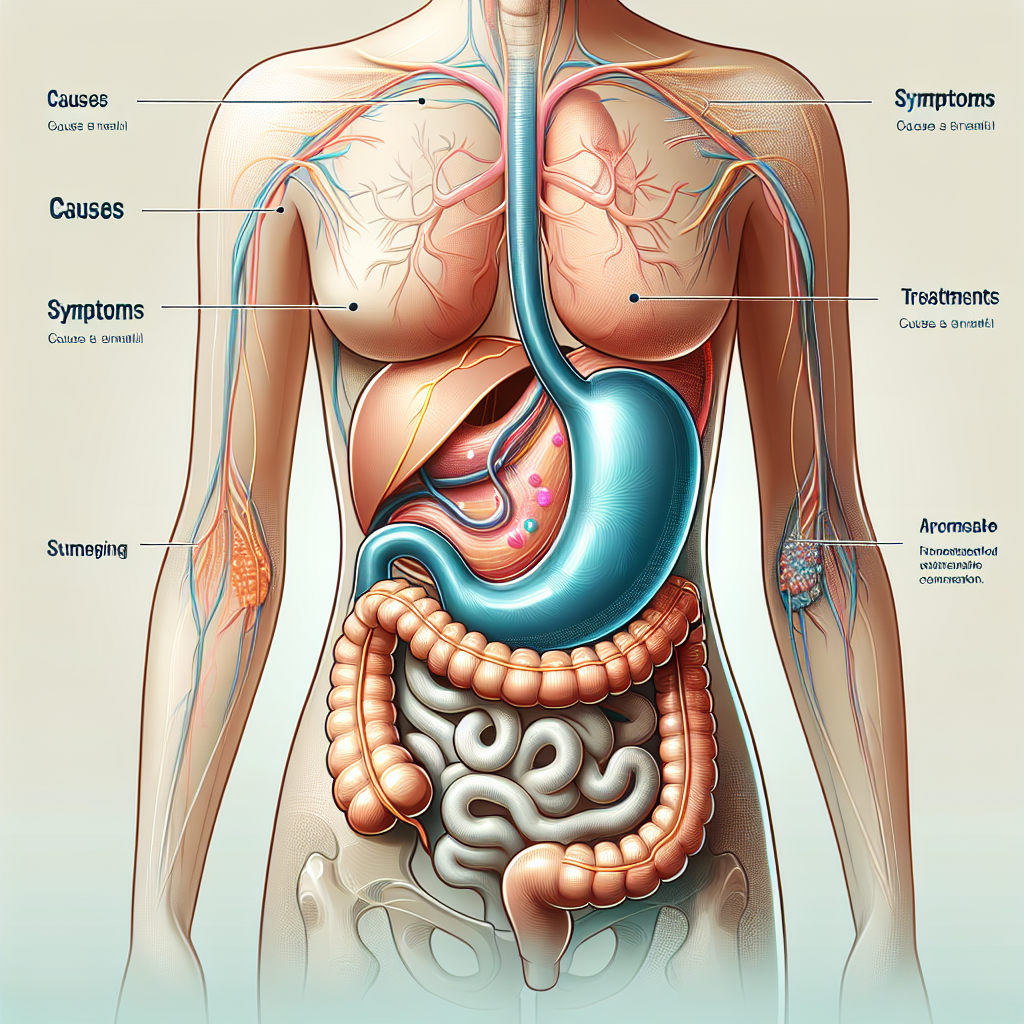
What is Stomach Cancer? Stomach cancer, also known as gastric cancer, involves the formation of abnormal cells that grow uncontrollably in the stomach lining. Most often, these cells form in the stomach’s inner lining, the mucosa, which produces digestive juices. This type of cancer, adenocarcinoma, accounts for over 90% of cases. The disease can affect […]
Understanding Narcolepsy: Symptoms, Diagnosis, and Treatment

Narcolepsy is a chronic neurological disorder that affects the regulation of sleep and wakefulness. It is primarily characterized by excessive and irresistible daytime sleepiness. People with narcolepsy often feel an sudden and unexpected need to sleep, even after a full night’s rest. This condition significantly impairs quality of life, affecting daily activities, work, and social […]
Hereditary Spherocytosis: Causes and Novel Variants

Why is this study important? Hereditary spherocytosis (HS) is a genetic blood disorder. It causes chronic hemolytic anemia. It is the most common cause of anemia in certain populations. HS varies widely in symptoms and genetic causes. Mutations in specific genes such as ANK1, SPTB, SPTA1, SLC4A1, and EPB42 are responsible. These mutations affect the […]
Neuralgia: Causes, Symptoms, Diagnosis, and Treatments
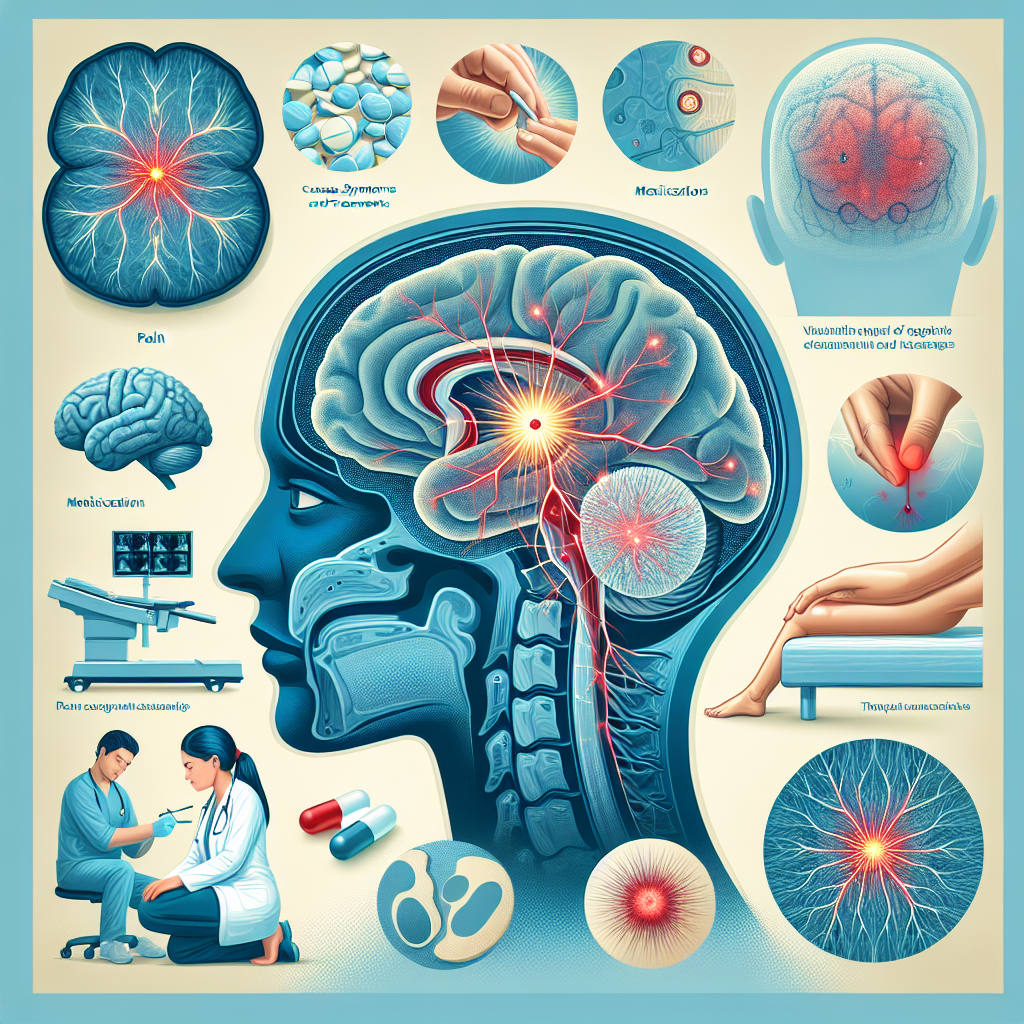
What is Neuralgia? Neuralgia describes pain originating from a nerve. It results from irritation, compression, or injury to a nerve. Nerves form the body’s communication network. They transmit sensory and motor information between the brain and the rest of the body. When a nerve malfunctions, it sends abnormal pain signals. The location of the pain […]
Zona: Causes and Treatments
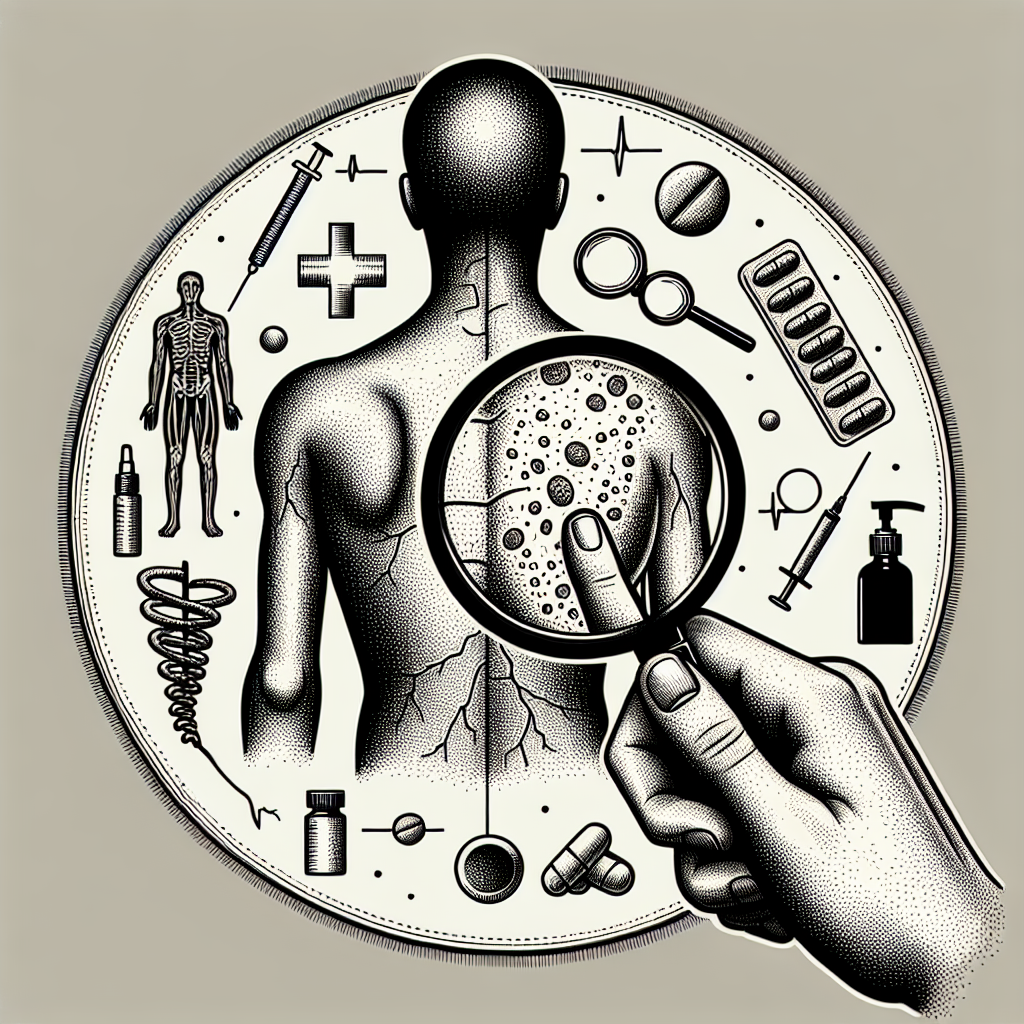
What is Shingles? Shingles is a viral infection that occurs due to the reactivation of the varicella-zoster virus (VZV). This same virus causes chickenpox in children. After recovering from chickenpox, VZV does not leave the body. It takes refuge in nerve ganglia, often near the spinal cord or brain, and remains dormant there for years. […]
Pancreatic Cancer: Understanding, Diagnosing, and Treating
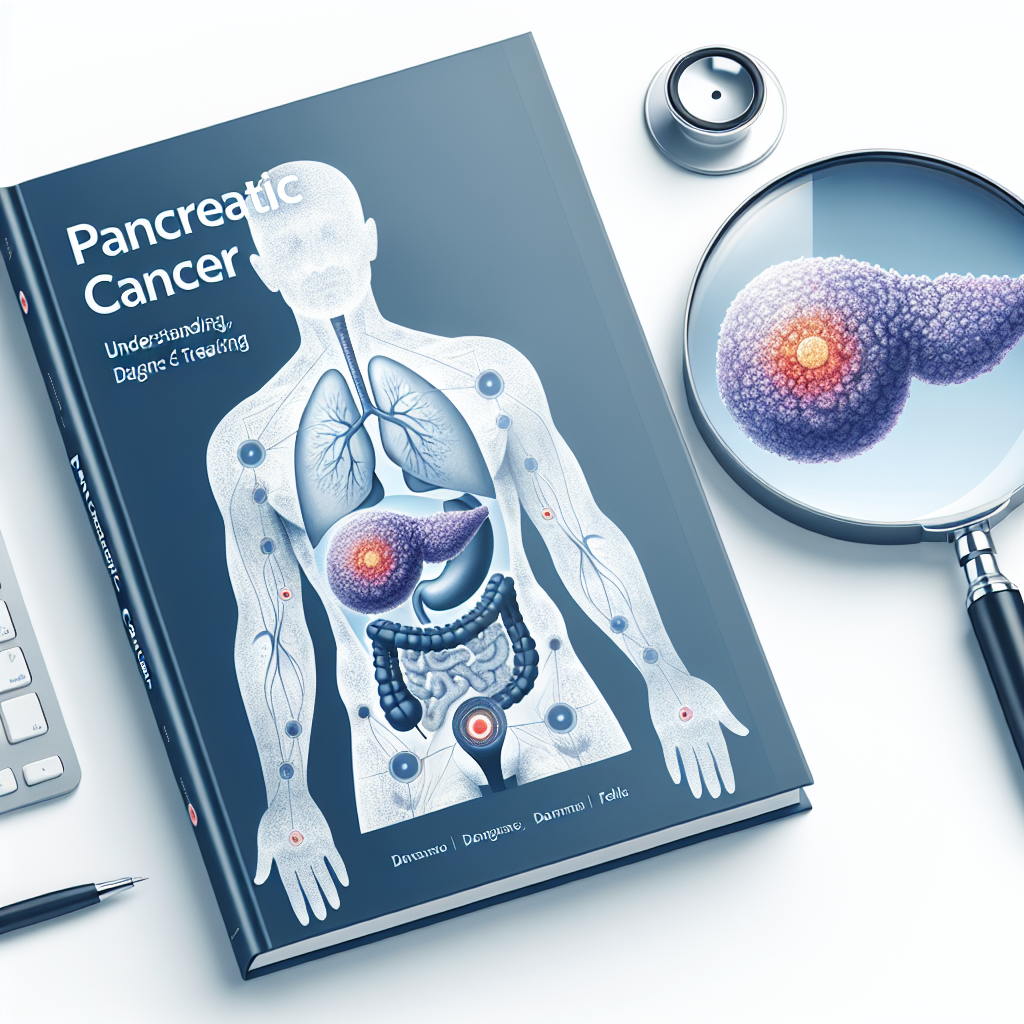
Definition: What is Pancreatic Cancer? The pancreas consists of two main cell types: exocrine cells, which produce digestive enzymes, and endocrine cells, which produce hormones like insulin. The majority of pancreatic cancers, approximately 95%, originate from exocrine cells. These are called pancreatic adenocarcinomas. Neuroendocrine tumors, arising from endocrine cells, are rarer and generally evolve differently. […]
Conjunctivitis: Causes, Symptoms, Treatments, and Prevention
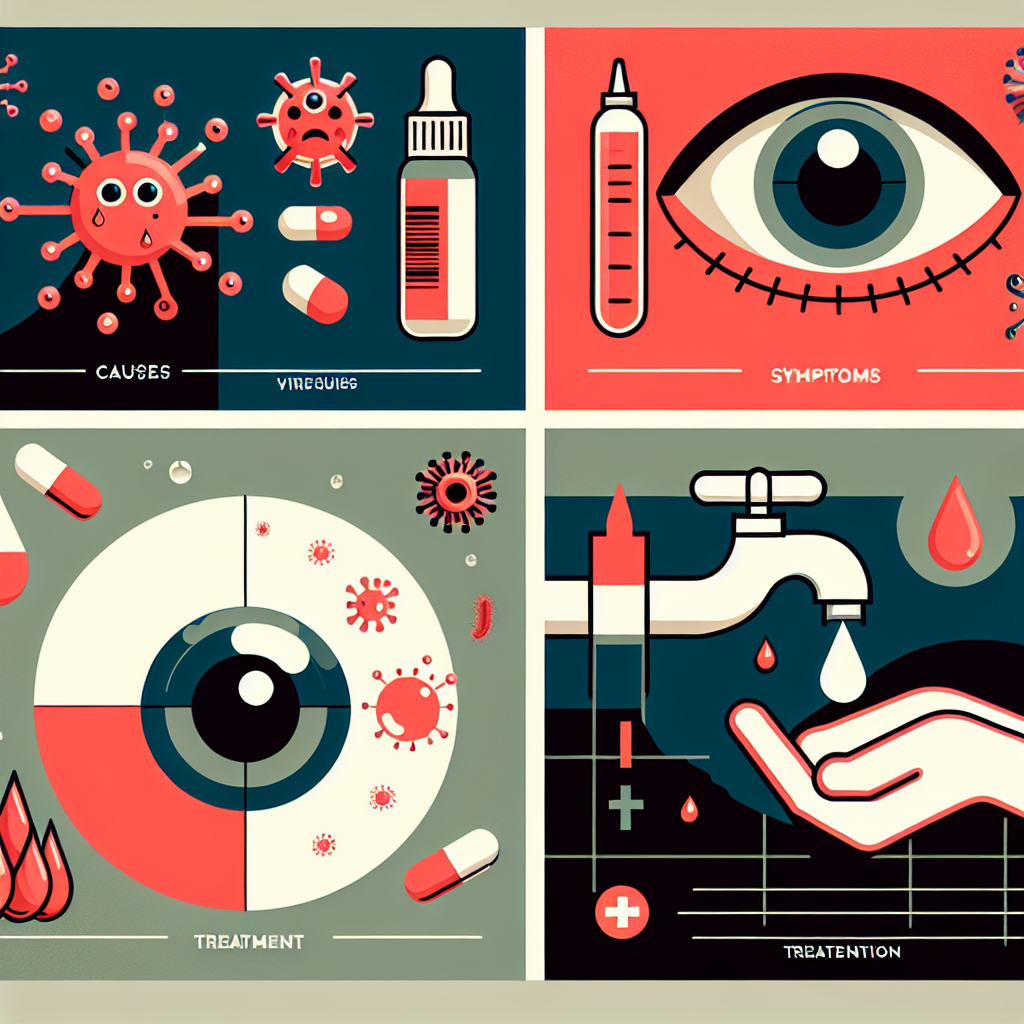
What is Conjunctivitis? The conjunctiva is a thin mucous membrane that protects the eyeball and helps hydrate the eye. When this membrane becomes irritated or infected, it’s called conjunctivitis. This inflammation causes the eye to turn red and leads to other discomforts. It can be acute, appearing suddenly for a short period, or chronic, persisting […]
High Cholesterol: Understand, Prevent, and Act

What is High Cholesterol? A high cholesterol level means that the concentration of LDL cholesterol in your blood exceeds recommended values. Your doctor assesses this threshold based on your risk profile. It usually doesn’t cause direct symptoms, which is why doctors often call it a “silent killer.” Unfortunately, high cholesterol silently wreak havoc on the […]
Irritable Bowel Syndrome (IBS): Understanding and Managing It

What is Irritable Bowel Syndrome? Irritable bowel syndrome is a chronic disorder of the digestive system. Doctors characterize it by a set of intestinal symptoms without a visible organic cause. It is not an inflammatory bowel disease like Crohn’s disease or ulcerative colitis. IBS affects how the brain and intestines interact, which alters bowel movement […]
Schizophrenia: Understanding, Treating, and Living with the Illness

Definition: What is Schizophrenia? Schizophrenia is a severe neurological illness that disrupts normal brain function. Individuals with schizophrenia often experience difficulties distinguishing reality from unreality, managing their emotions, thinking clearly, and interacting socially. It is NOT a split personality, a common misconception. Healthcare professionals classify it among psychotic disorders, based on the presence of psychotic […]
